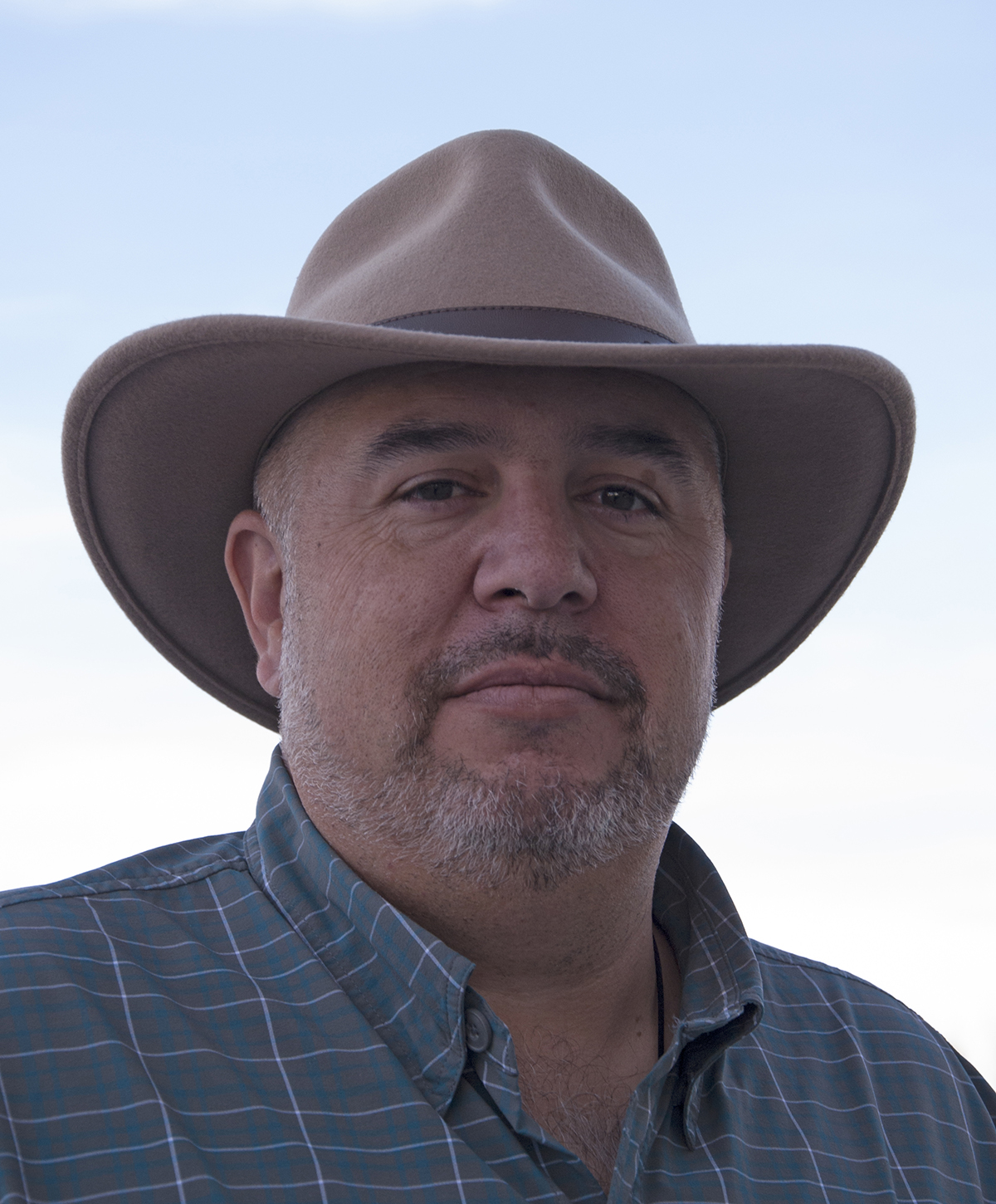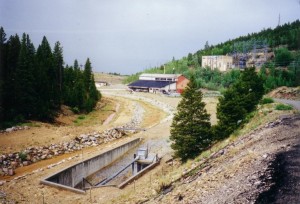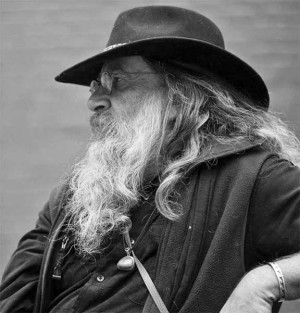Where were you born?
I was born in La Jara, Colorado (at the hospital there). Put another way, I am a San Luis Valley native from the jump.
At what point in your life did you decide to pursue poetry and writing?
Consciously, I made the call during my junior year of college. I was at Colorado State University to become an English teacher, and for whatever reason I just decided one day that I was going to drop the Education degree and pursue creative writing. It tacked on another year to the whole college experience as I made up a few classes, but it all worked out in the end; I ended up teaching and writing, best of both worlds.
Did you come from a creative family?
Depends on what you call creative. I am the only one that pursued “artistic” things, but if you count the creativity of living on a ranch, making things work as if by magic (i.e. duct tape, baling wire and twine), finding ways to make money stretch beyond its supposed limits, and the day to day life of living in a vibrant oral tradition, then by those standards we were all pretty creative. I really credit my grandpa for being one of my early influences; he told wonderful stories, and I strive, to this day, to create some of his storytelling “form” in all my work, whether it be poetry, letters or fiction.
In what ways do your culture and family impact your work?
Those things are the foundation of everything I do, not just my writing. My goal in life is to make my community better and more vibrant. The writing is definitely part of that, but it’s also the reason I chose to run for mayor of Antonito. My culture and family are synonymous to me. I would be hard-pressed to find anything that I have written that doesn’t borrow from those sources.
Are there any writers or poets who have influenced you more than others?
Early on (and still) I really loved Pablo Neruda and Cesar Vallejo. Truthfully, the main thing that I discovered, early on, was that there are other Latino, Chicana(o), and Hispanic writers out there. I know it sounds weird, but if you think about public education in the 1970s and 80s ( I would argue even today) and the number of writers that students are exposed to, and break those writers down by ethnicity and gender, you can get a pretty skewed picture of what literature is and who it was that contributed to it. Long story short, I devoured anything I could get my hands on that was from an author of color. I wanted to learn who I was, and that was a way I could accomplish this. To actually answer your question, here are a few authors that I truly love that have influenced me: Yehuda Amichai, James Baldwin, Sandra Cisneros, Tim O’Brien, Pablo Neruda, Emily Dickinson, Sherman Alexie and Richard Hugo.
Could you provide a little background on your book, Colcha?
Colcha was my first book, and it was essentially my MFA thesis. I submitted some poems to the Colorado Council on the Arts, and I was awarded a fellowship. Later, I heard that University Press of Colorado was interested in seeing more. I sent them my thesis and they responded by saying that it was a bit too short. I then permanently borrowed some poems from what would be my second book, As Orion Falls, and Colcha was ready for press. It’s been a great book for me, the one that most people associate with me. I have had a few anthologies pick up “13 Ways of Looking at a Tortilla,” and the book is taught in several schools. In terms of actual background, the poems in Colcha were my first go around with observing my hometown (see the question about family and culture). Colcha also taught me about craft and the time it takes to write a poem, legitimate work; I was grateful to learn that it wasn’t just all inspiration and a pat on the back just for being creative.
Are you still coaching? If so, does the interaction with young members of your community impact your writing in any way?
When I became mayor I had to give something up; coaching was it. I love coaching and I love the kids, but with my schedule at Adams State and at town hall, I just couldn’t pull it off. As for when I was coaching, my players inspired me on a daily basis with their strength and resiliency. In my latest book, Letters from the Headwaters, I have several actual letters that I wrote to my team. As to the second part of the question, I want to impact my community, positively, in any way I can. I think coaching was one way of making a difference in the lives of young men.
Do you have a new book coming out? If so, care to tell us about it?
Letters came out last year, so I am still actively promoting that particular book. I am not that prolific, so I come out with a book every four years or so. Not sure about the next course of writing. I have several poems that I have written, but I am feeling like I want to write another novel. We shall see.
What classes are you scheduled to teach this coming semester?
I have Creative Writing, Chicano Literature, Oral Interpretation of Literature, and Composition; busy, busy with four preps. I am used to it, though.
Do you find it challenging to teach students who are raised in the new “social media” environment?
What I find challenging is that students are inundated with puns, clichés and abstractions on such a regular basis that they (the students) have adopted that particular language as part of their writing vernacular. Put another way, it’s harder to teach them what a good line looks like and what a great line looks like. The difference in work between the good and the great line is huge. The new social media environment has just made everything a bit too quick, I believe. Writing, in my opinion, is not a quick transaction. Rather, it’s a long-term investment.
Any thoughts on the state of poetry in our region?
Colorado has great poets, and our region is no exception. I am sure that this takes place in every state, but Colorado poets are so generous with their time and talent; we all seem to want to share the liberation of writing and the power that said liberation brings. Therefore, I encourage your readers, poets, teachers and community members to seek out the many wonderful and dedicated poets in our region, and utilize their expertise as often as possible. ?



